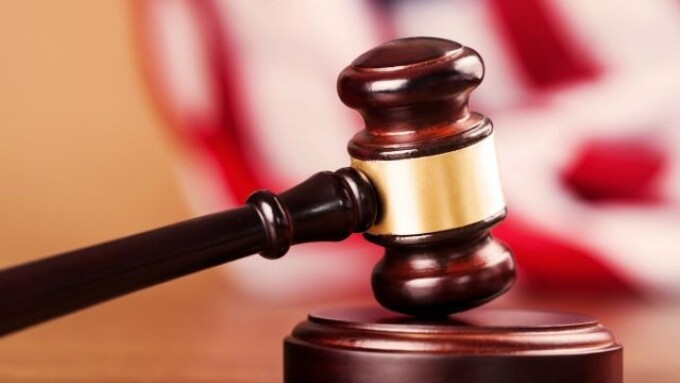CHICAGO — A recently filed amicus brief from the CATO Institute and the Reason Foundation in the Backpage case debunks the repeated myths circulated about sex trafficking and highlights the governmental efforts to conflate prostitution with trafficking, according to industry attorney Lawrence Walters.
CATO and Reason’s friend-of-the court brief to the 7th U.S. Circuit Court of Appeals asks for the court to reverse a lower court’s decision to deny a preliminary injunction request that would have forced Cook County Sheriff Tom Dart to retract statements he made in lobbying credit card companies to block their cards from being used to buy sex ads on Backpage.com.
In August, U.S. District Judge John Tharp wrote that the “cease and desist" letters Dart wrote to Visa and Mastercard warning them that Backpage was a haven for prostitution and human trafficking could have been construed as threats.
However, Tharp said that they did not amount to censorship, since the sheriff had no legal authority to force the credit card companies to act.
The ruling doesn’t affect Backpage’s lawsuit against Dart seeking damages for what website claims was a crippling blow to its business model.
Dart has maintained that there have been years of growth in sex trade, driving demand even higher and increasing the enslavement of prostituted individuals, including children.
Backpage claimed that the sheriff’s actions have "effected an informal extralegal prior restraint of speech without due process.”
“The facts laid out in this amicus brief convincingly debunk the oft-repeated myths regarding the scope and nature of sex trafficking in the U.S.,” industry attorney Lawrence Walters told XBIZ. “Media outlets feed on the hysteria, and eagerly recite claims that trafficking is on the rise — usually without any verification of the underlying facts.
“However, as pointed out in the brief, the incidence of sex trafficking victims may actually be on the decrease in recent years. Previous estimates regarding the shocking number of ‘victims’ appear to be no more than guesses, or calculations of ‘at risk’ juveniles.”
Even the Government Accountability Office has expressed doubt regarding their accuracy, Walters noted.
“Nonetheless, these faulty statistics have been the basis for numerous recent trafficking laws, which impose harsher penalties and permit enhanced surveillance techniques. Add in the perverse incentives given to law enforcement to make more arrests, and the parallels to the failed ‘War on Drugs’ could not be more apparent.
Walters said it was interesting to note the increasing conflation of the concepts of sex trafficking with garden variety prostitution.
“Blurring the lines between these two very distinct offenses is at the heart of the anti-sex trafficking movement’s effort to eliminate the entire sex trade,” he said.
Walters said that ironically, as noted by amicus curiae, Sheriff Dart’s focus on cutting off credit card processing for Backpage eliminates an important tool for law enforcement to investigate and prosecute real trafficking cases.
“Credit cards leave a digital footprint that can provide critical evidence in criminal prosecutions. By eliminating this payment method, Sheriff Dart appears to be imposing a self-inflicted wound, resulting in less effective law enforcement.
“Perhaps most importantly, the brief points out the key error committed by the trial court in denying the injunction requested by Backpage: It presumed that most if not all escort ads on Backpage were illegal, without any actual review of the evidence.
“The First Amendment requires the opposite. Speech — even commercial speech — is presumed to be protected until proven otherwise by the government. The outcome of this case will be of critical importance to advertising networks and the development of free speech jurisprudence.”
CATO and Reason were joined by other non-party groups in separate friend-of-the court briefs in Backpage's appeal at the 7th Circuit. The Center for Democracy & Technology, Electronic Frontier Foundation and Association of Alternative Newsmedia filed their cases against the lower court ruling.






